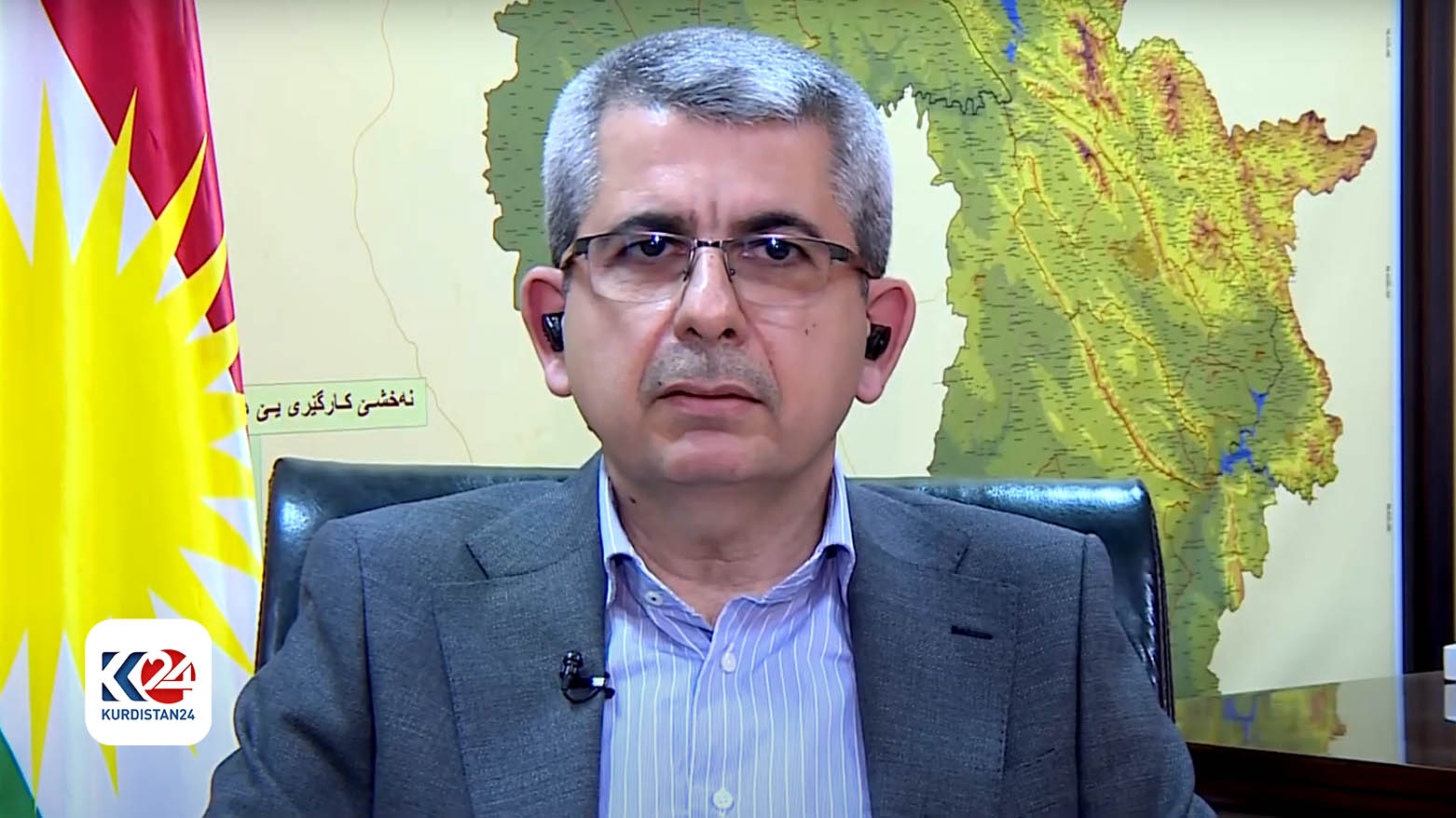KRG pushes for inclusion of Kurdish areas in Iraq's population census
The KRSO acting president conveyed that the Kurdistan Region has been advocating for specific considerations in the census process for several years.

ERBIL (Kurdistan24) — Sirwan Mohammed, Deputy Minister of Planning for the Kurdistan Region and acting president of the Kurdistan Region Statistics Office (KRSO), has emphasized the importance of including Kurdish-majority areas outside the Kurdistan Regional Government’s (KRG) control in Iraq’s upcoming population census. Speaking to Kurdistan24 on Friday, Mohammed highlighted a recent meeting in Baghdad where KRG officials met with their Iraqi counterparts to press for adjustments to the census process, scheduled to begin on Nov. 20.
The KRSO acting president conveyed that the Kurdistan Region has been advocating for specific considerations in the census process for several years. "We have long demanded the implementation of our comments to allow for an accurate representation of Kurdish areas in the census," Mohammed stated. He expressed concern that residents who have recently moved into these areas could skew the data, inadvertently altering the demographics of historically Kurdish areas. According to Mohammed, Kurdish representatives have recommended a specialized approach to counting residents in these areas, including family visits extended over three hours to ensure accuracy.
At a recent meeting, attended by Iraqi Prime Minister Mohammed Shia al-Sudani, President Abdul Latif Rashid, and Foreign Minister Fuad Hussein, Kurdish officials formally submitted these requests. The Iraqi Council of Ministers is expected to review and make a decision on them by Tuesday.
The outcome of the census is anticipated to have significant implications for Kurdistan Region’s representation in Iraq. Currently, Kurdistan's population share is set at 12.67%, but KRSO data suggest it could be as high as 15%—or 17% if refugees in the Kurdistan Region's cities are included. A revised population count could influence resource allocation and regional authorities.
Officials on both sides stressed the importance of a transparent and accurate census, which they see as crucial for making equitable decisions and addressing longstanding demographic concerns. The census also relates to Article 140 of the Iraqi constitution, which mandates a resolution on the status of Kirkuk and other disputed territories.
Historically, demographic records like the 1957 census have shown significant Kurdish, Arab, and Turkmen populations across Iraq, with Kurds accounting for 16% of the population at that time. Today, Iraq's population is projected to reach 51.5 million, underscoring the need for a comprehensive and precise census to address ongoing issues in the country's multicultural regions.
The KRG hopes that the upcoming census will better reflect the true demographic makeup of Iraq, including the status of disputed territories, ensuring that the process respects the historical presence and rights of its Kurdish population.